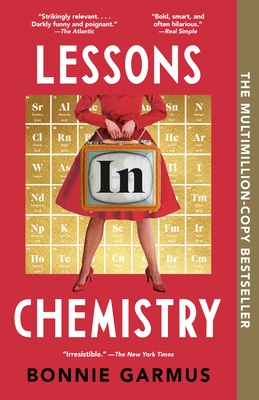Best Forex Trading For Newbies: Unknown Secrets And Weird Dirty Tricks To Cracking The Code To Forex Millionaire: Escape 9-5, Live Anywere, Join The N
Ever felt like knocking your boss the eff out? Even if you're your own boss? I have. I remember the day I decided to punch my boss in the face. One of the best decisions I ever made by far. It was glorious. A "V" day of sorts. I just walked in his office, looked him straight in the eyes, and did a spinning back fist. Yeah, that's right ... a spinning back fist. Bruce Lee style, baby. I missed of course. And fell. But nevertheless ... my point had been made. I picked myself back up off the floor, slotted back to my cubic-hell, and resumed my daily torchores like a good little drone. And then I woke up. Literally. Like ... in a bed. I was just a stupid dream. "Man", I thought. "If I can't even punch my boss the right way in my dreams, how the heck am I ever gonna do it in real life?" So I decided to do what every sensible human being does in his mid-thirties ... give up on my dreams. Luckily for me I had two dreams. One was to punch my boss in the face. The other was to quit my job and get filthy rich doing stuff that made me happy. Swing-and-a-miss on the first dream (pun intended). Home run on the second one. Like ... grand slam home run. I wanna tell you both how I did it and how you can be one of my "RBI"s. I've done all the hard work for you. All you have to do is quit your job and come on home. Here's my point ... You can have and do whatever the heck you want. You can, to a certain degree, create your own reality. But it's not easy. Which is why I've decided to create your reality for you. Wanna see it? Step into it even? You would if you knew what was on the other side. All ya gotta do is punch a few buttons and get this book. But you're going to have to take a click of faith.
Format:Paperback
Language:English
ISBN:1490526307
ISBN13:9781490526300
Release Date:January 1
Publisher:Createspace Independent Publishing Platform
Length:122 Pages
Weight:0.38 lbs.
Dimensions:0.3" x 6.0" x 9.0"
Customer Reviews
3 customer ratings | 3 reviews
There are currently no reviews. Be the first to review this work.




















